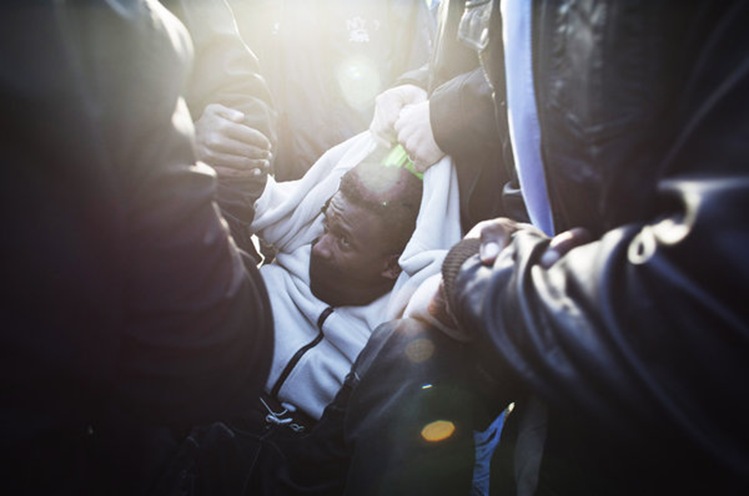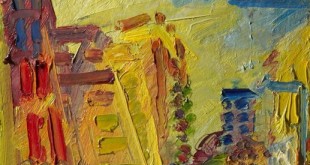New York Times
December 19, 2013

Some arrived here on Tuesday in sturdy walking boots donated by local aid organizations; others came less equipped for the leftover snow on the ground, wearing sandals and house slippers.
They held placards bearing slogans like “Refugees but not criminals” and a verse invoking a biblical injunction against oppressing the stranger because “you were strangers in the land of Egypt.”
The roughly 200 asylum seekers from Sudan and Eritrea came to protest their treatment by the Israeli authorities, finishing a two-day journey. On Sunday they left a new “open” detention facility where they were being held in the Negev desert and walked for about six hours to Beersheba, the nearest city. They spent the night in the bus station there and another night at a kibbutz that had agreed to host them. They made the final leg of the journey by bus.
Once in Jerusalem, they gathered outside the Israeli prime minister’s office and marched to the Parliament building.
It was the latest round in the long-running political, legal and emotional struggle of the African migrants and their Israeli supporters against a government that is committed to clamping down on “infiltrators,” the term it uses for those who enter the country surreptitiously.
The protest came after Parliament last week approved an amendment to Israel’s Prevention of Infiltration Law. It allows for the detention of migrants who enter the country illegally for up to a year without trial and allows the state to hold those already in Israel indefinitely in the open detention facility. The amendment replaced previous legislation that allowed for detention without trial for up to three years. Israel’s Supreme Court overturned that law in September, ruling that it violated principles of human dignity and freedom. Local human rights groups have already petitioned the Supreme Court against the new measures.
Named Holot, Hebrew for sands, the remote new facility is open by day and locked at night. But detainees have to be present for roll call three times a day, a provision meant to prevent them from working outside.
 Daily Stormer The Most Censored Publication in History
Daily Stormer The Most Censored Publication in History


